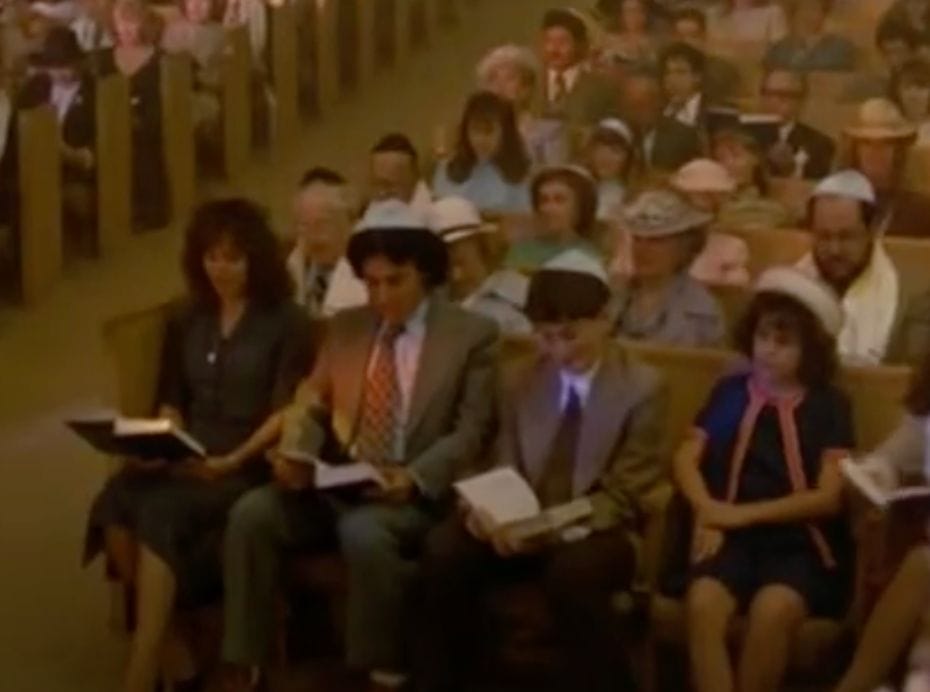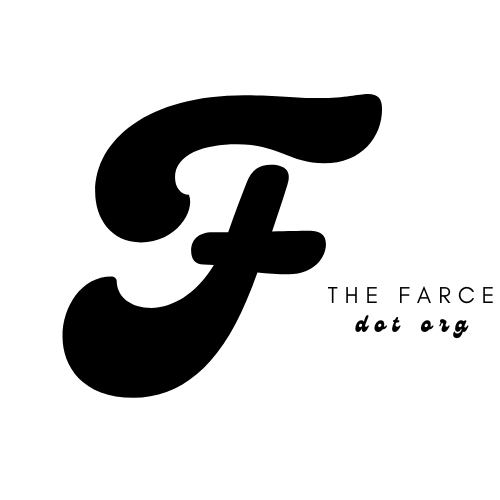Why 72% of American Jews disapprove of Trump

American Jews continue to reject Donald Trump overwhelmingly.
A new poll from the Mellman Group finds:
…72% of American Jews disapprove of Trump’s job performance, including 67% who strongly disapprove, while 24% approve of the job he is doing, including 16% who strongly approve. Some 5% weren’t sure. The poll had a margin of error of 3.5%. The results roughly map to what is known about how American Jews voted in November’s election.
The disapproval extends, but not as overwhelmingly, to how Trump is “handling antisemitism.”
Most — 56% — do not approve, while 31% do approve of how Trump is handling antisemitism. The remainder aren’t sure. A large majority of Orthodox respondents approved of his efforts to fight antisemitism, while a plurality of Conservative respondents disapproved. A majority of Reform and unaffiliated respondents also disapproved.
Think about it. To get a majority of Jews to disapprove of how you are “fighting antisemitism” is a remarkable thing.
Untethered grievance
This speaks to the obvious treachery in the way Trump is weaponizing the horror of the hatred of Jews to target groups he’d be going after regardless—universities, student activists, and Palestinian-Americans.
But it also points to a mass understanding of a point that Andrea Pitzer makes in the new episode of NEXT COMES WHAT that I have never heard articulated as clearly:
As a human endeavor, the Holocaust was almost impossible to understand, but in 1946, just after the end of the war, linguist Max Weinreich wrote one thing about it that I think about often. He wrote that, "the Jew could be represented as the embodiment of everything to be resented, feared, or despised. He was a carrier of Bolshevism. But curiously enough, he simultaneously stood for the liberal spirit of rotten Western democracy. Economically, he was both capitalist and socialist. He was blamed as the indolent pacifist, but by strange coincidence, he was also the instigator of wars."
This prejudice had endured so long and had been used in so many ways that it had become infinitely flexible, infinitely elastic. It had become totally dissociated from anything unique to Jews, and instead had become untethered grievance that could be aimed at will. Decades ago, sociologist Zygmunt Bauman wrote that antisemitism fits so well with so many local obsessions because Jewishness itself isn't actually connected with any of the things that antisemitism accuses it of.
A personal digression
Putting together the episode above, I was obliged to reflect on my now 50 years of being Jewish in America, especially the five years I was “practicing” in preparation for my Bar Mitzvah.
The conservative temple I attended was staffed primarily by Israelis who’d moved to the northern part of the San Fernando Valley. But my first teacher in Aleph was a stout, proud, and kind Holocaust survivor who burst into tears and had to leave class after showing us the tattoo on her arm—one of the few events from that time in my childhood I remember with infinite detail.
I felt no connection to the temple and felt few reasons to return, after I was kicked out briefly after my Bar Mitzvah for disciplinary reasons (I wish I could remember). But across the street was a day school named after Abraham Joshua Heschel, a name that stuck with me because whenever it was mentioned to signify the man and not the school, the speaker felt obliged to add: He marched with Dr. Martin Luther King.
That was the kind of Judaism I wanted to be a part of.
Since then, I’ve dabbled in the study—just study, not practice—of Judaism every decade or so, including a brief stint at the Kabbalah Center when that was a thing that people with time to kill in LA did. Still, I’ve always known myself to be a Jew.
It could be stubbornness or it could be something my temple ingrained in me: You will always be a Jew to the Nazis.
I remember too clearly classroom discussions from my second year at Hebrew School that included us going around the room and saying what we’d bring with us in our one bag if the Nazis came to the door. Another time, I’m pretty sure, the teacher went around the room and told us whether or not we’d have been able to pass as not-Jewish in Nazi Germany. Reader, I couldn’t.
This direct connection to absurdity has lived in me for the bulk of my half century.
However, my most profound experience as a Jew came from teaching the Facing History curriculum and Elie Wiesel’s Night to high schoolers. Both had the effect of demystifying both Judaism and the Holocaust. Facing History’s underlying theory, to me, is “People make choices. Choices make history.” These weren’t things that had to be done to people doomed to be punished. These were decisions humans made by humans to humans in human ways. And humans can always do better.
This helped me deal with the fundamental question of being Jewish after the Holocaust: How could G-d let this happen?
I do not believe in a personalized deity who has a chosen people. But I’m with Einstein when he says he believes in “Spinoza’s G-d.” (I’m using “G-d” out of respect, or superstition, for the Jewish tradition that that word shouldn’t be rendered into letters.) My understanding of that is that G-d created and is all things. So we’re a part of that. And we let the Holocaust happen.
Absurdity led me to Existentialism as a teen and then Heschel as an adult—not to his theology, which is messianic in ways that make little sense to me, but to how he lived his life.
“There is a meaning beyond absurdity,” Heschel wrote. “Let them be sure that every little deed counts, that every word has power, and that we can—every one—do our share to redeem the world despite all absurdities and all frustrations and all disappointments. And above all, remember that the meaning of life is to build a life as if it were a work of art.”
How does this relate to nearly three out of four American Jews disapproving of Donald Trump?
Being Jewish in America forces you to reckon with some of the larger questions of history and existence. Beyond the horrible things that humans can do to each other, we have to consider how we became the luckiest Jews of the millennium, or possibly ever.
The best, safest place Jews have ever had to live is the United States since World War II. And it's not a high bar. That’s why, I believe, Jews like Heschel walked with Dr. King to extend our privileges to others. And it’s why we recognize that Trump, with his hatred of freedom and difference, is the greatest threat we’ve ever faced—even as he absurdly promises to “protect us.”
It also forces us to reckon with another defining piece of my childhood Jewish education/indoctrination: The insistence that “Israel is the only good thing to come out of the Holocaust.” This myth underlies the entire experience of being a "conservative" Jew, along with the sense that we had a “birthright," which others are denied, to a return to a country where none of my family had ever lived.
It’s powerful indoctrination, but seeing the sickening mirror of Trump in Benjamin Netanyahu has helped many of us overcome it. Yet, like all Americans, we have not done nearly enough to stop or punish the savage, systematic horrors in Gaza that followed the unjustifiable agony of October 7.
I've thought a lot about Heschel recently, given the abundance of absurdity that now defines our existence. How would this great Rabbi respond to Gaza or the farce of a regime that came into power thanks to the greatest popularizer of Nazism since Hitler feigning concern for Jews, as they abandon the most vulnerable to death and disease. Would he—like most American Jews—see right through the authoritarian project of it all, how it’s just a joke used to silence criticism of war crimes committed by Israel?
It’s absurd to suggest he wouldn’t.

Member discussion